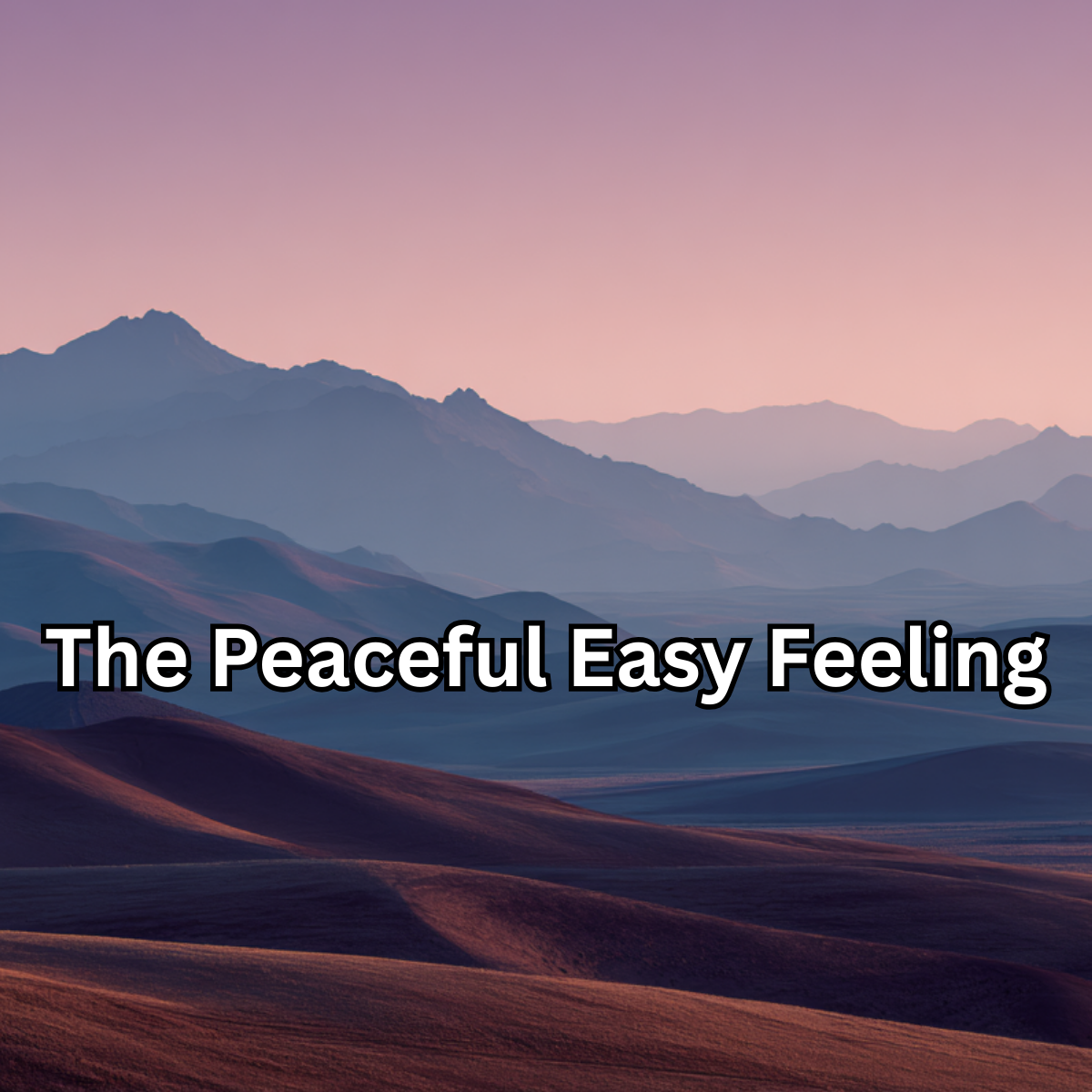There are many ways to define the concept of making a decision. I have been in the computer science world most of my life, so I tend to think of decisions as a process. So, in essence, a decision would refer to the outcome of an algorithmic process where a system evaluates inputs and rules to choose the optimal action. However, most people think of a decision as a cognitive process that results in selecting a course of action from several possible alternatives. Decisions are, therefore, considered a product of reasoning and judgment.
Often you will hear talk of evaluating the results of a decision. Such as the ethical or moral considerations of the consequences of human decisions. Any deliberate process where an individual weighs moral principles, values, and consequences to select what is deemed “the right way” will always imply or perhaps even require ethical valuation.
In my family, one with many attorneys, the word decision is often used in a legal context. Your mom has made the decision, so quit your whining and just do what you are told. This is the legalistic view of a decision. A formal judgment or ruling made by a course, judge, or arbitrator can be the final action that resolves a dispute or brings a case to finality.
We often consider the best ways or methodologies to weigh a decision. There are countless frameworks for decision-making and often we will study them in school. We will learn to consider the process of weighing costs and benefits. We will learn to assess probabilities and ultimately act based on a set of preferences.
Finally, there is the one that I often resort to: impulsive decisions. I get tired of waiting around and evaluating everything carefully and will just make a decision based purely on emotion and instinct. “That’s it, I have made a decision.” This is a common phrase that I catch myself using. Decisions are not always considered rational, and we will use the word in a sentence to depict that thought. What was that person thinking?
Out of all the ways we can define a decision, I have settled on the best one: a decision is when all other options are eliminated. You know you have finally decided when there is no backing out. There is no fallback plan. There is only the path that you have decided upon. To provide a great example, you know when you have decided to jump out of an airplane. There is no denying that the decision was made. You are now in a freefall, heading toward the earth at terminal velocity, and the only way you will survive is if your parachute works. That is a decision.
Of course, not every decision feels as dramatic as jumping out of an airplane. Most of the time, decisions are made in much smaller, quieter moments—whether it’s choosing what to have for dinner or which route to take on the way to work. But even in these small moments, the essence is the same: you’re eliminating other possibilities, consciously or unconsciously narrowing the field of choices until only one remains.
And just like that, life is a constant process of decision-making. Some are grand and irreversible, while others feel trivial and fleeting. Yet, each one shapes our trajectory, even if in small, seemingly inconsequential ways. What matters, I suppose, isn’t the scale of the decision, but the realization that at some point, a choice has to be made. Once it is, you’re committed—whether you’re free-falling at terminal velocity or simply deciding to head left instead of right. Every choice moves us forward, one step at a time, into the unknown.
And that, in the end, is the beauty of decisions: they don’t just define what we do, they define who we are.




